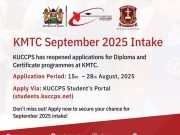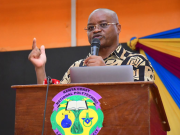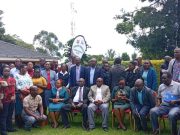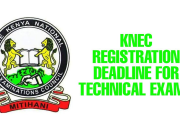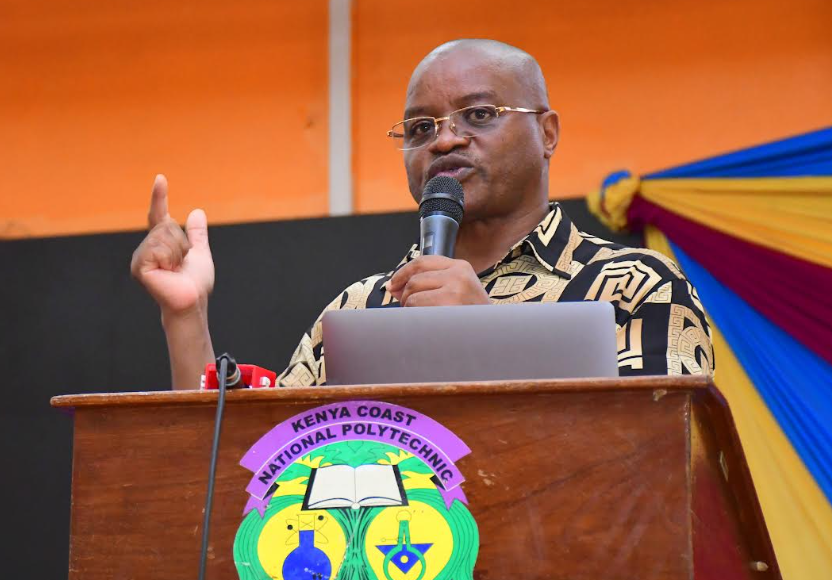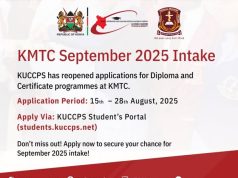The State Department for Technical and Vocational Education and Training (TVET) has launched a nationwide Recognition of Prior Learning (RPL) programme to formally certify the skills of Kenyans who have gained expertise through informal and non-formal channels.
The initiative was introduced at the Kenya Coast National Polytechnic, where Joseph Njau, the Acting Secretary of TVET, outlined the dual objectives of the programme: training RPL practitioners and setting up regional committees to manage the implementation of the programme.
“We are inaugurating this workshop to train RPL practitioners,” Njau explained. “At the same time, we are launching a regional committee that will guide the RPL implementation. This programme addresses a critical gap where skilled individuals, especially in the ‘Juakali’ sector, lack certification and miss out on formal job opportunities.”
Njau highlighted the challenges faced by talented artisans in industries like construction, mechanics, and hospitality, who lack formal certificates to validate their expertise. “Through RPL, we will assess skills acquired outside formal education. If they meet high standards, we will award official certificates that can help them secure employment and contracts,” he added.
The immediate goal is to train around 100 RPL practitioners in the Coast region, with similar workshops also launching in Kisumu and Nyeri. The national target is to train 7,000 practitioners who will serve as assessors across the country.
“Our focus is initially on STEM fields—Science, Technology, Engineering, and Mathematics—where significant technological advancements are taking place,” Njau said.
Mwanzi Peter, the Regional Director of TVET, emphasized the inclusive nature of the programme. “Our TVET institutions are spread across the country, including rural areas where Juakali artisans work,” he noted. “We are not only targeting artisans but also skilled workers in sectors like hospitality, especially in places like Mombasa.”
Mwanzi also pointed out that the RPL initiative would strengthen the informal economy, opening doors to better jobs, government contracts, and opportunities in the blue economy.
Geoffrey Andama, Chief Principal of Kenya Coast National Polytechnic, highlighted the significance of the programme. “We know there are individuals who repair fridges, lay tiles, or build houses but have no certificates to demonstrate their skills,” Andama said. “This programme isn’t about retraining or testing them again; it’s about recognizing, assessing, and certifying the skills they already have.”
Andama further explained that TVET institutions, vocational colleges, and training centers would serve as assessment hubs, with national polytechnics like Kenya Coast handling certification. “Our aim is to give these skilled individuals the dignity and confidence they deserve when they present themselves to employers,” he concluded.





